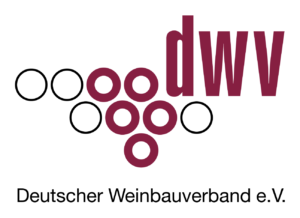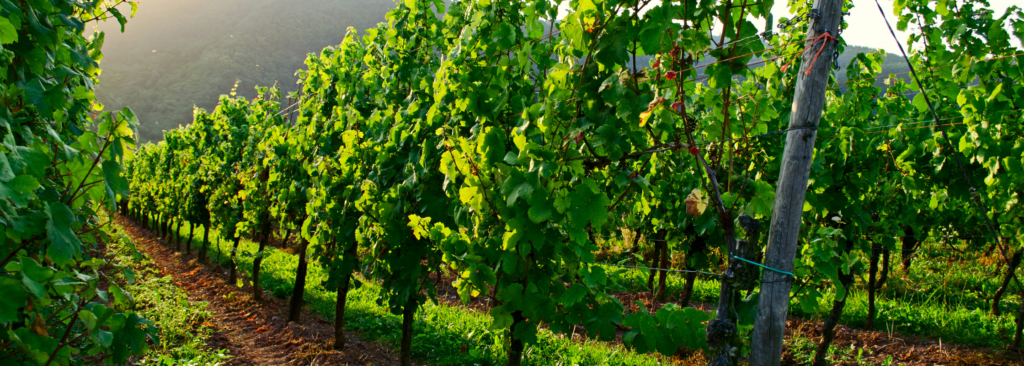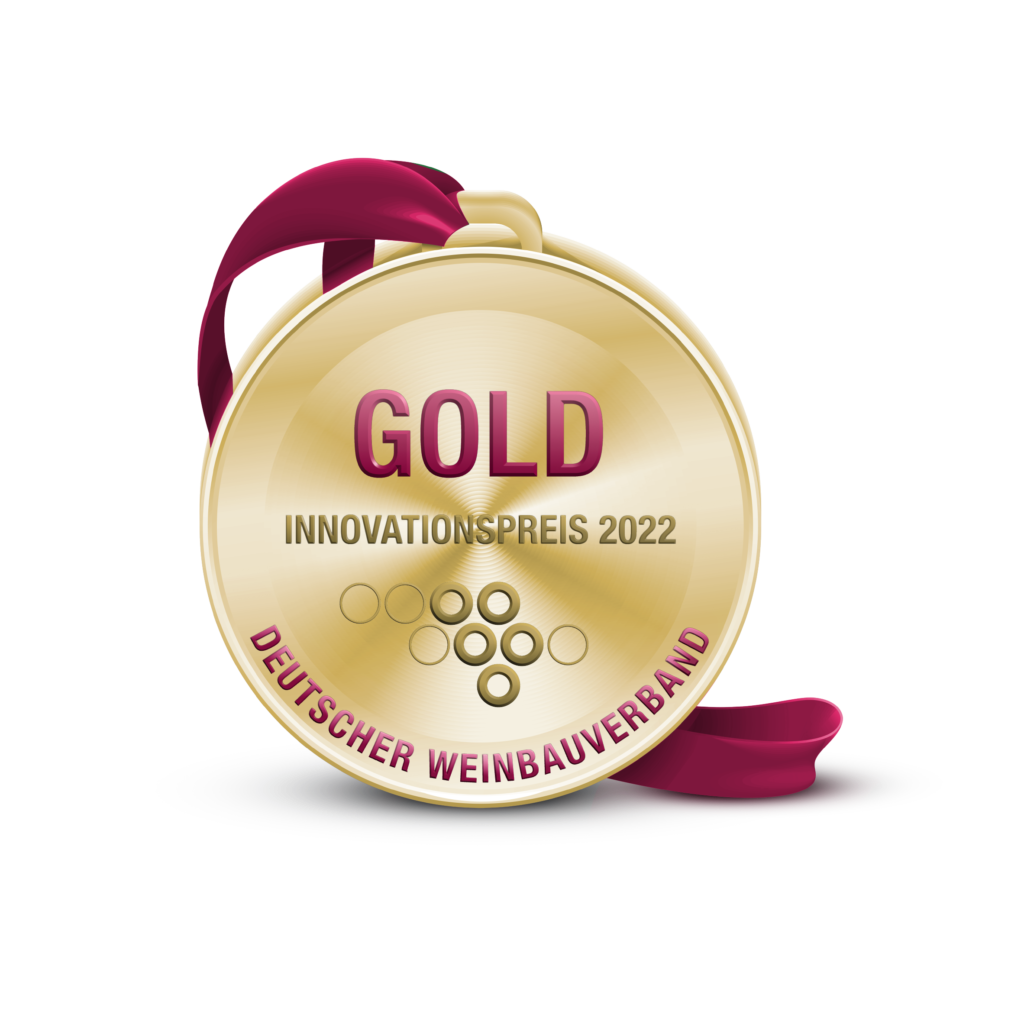Prolonged periods of rainfall led to the extreme spread of the grapevine disease downy mildew (Plasmopara viticola) in viticulture in Central Europe in 2016, 2021 and 2023, thus threatening the economic existence of many organic wineries. In connection with human-made climate change and the increased periods of prolonged rainfall predicted by meteorologists in the future, the situation for organic winegrowing businesses will become even worse. This would be ruinous for many businesses.
Viticulture worldwide is dependent on the use of plant protection products (PPPs), as the grape varieties permitted for wine production are, without exception, susceptible to varying degrees to downy mildew and other fungal pathogens. The use of PPPs in viticulture is particularly high. Organic viticulture is no exception here. Fungus-resistant grape varieties can manage with significantly fewer PPPs. However, the establishment of these new grape varieties is a long and difficult process.
Organic viticulture cannot operate without the copper-containing PPPs approved for use in organic viticulture. However, the copper-containing PPPs are not suitable for securing the harvest during long periods of rainfall. Many other active substances have therefore been tested worldwide and found to be sufficiently effective in dry conditions. However, scientific studies show that these active ingredients are not sufficiently effective under warm and humid conditions. We find these warm and humid conditions with increasing frequency in wine-growing parts of Europe.
Together with the organic associations and the BÖLW, we have developed a proposed solution for plant protection in organic viticulture. We believe that the authorisation of potassium phosphonate is the right and necessary step. Our goal is to work together to make organic viticulture fit for the future.
Thomas Walz, DWV Vice President & Organic Winegrower
After years of intensive research, many discussions and surveys, we have come to the conclusion that only potassium phosphonate can be considered as an effective PPP active ingredient that is both accepted by organic winegrowers and consumers of organic wine and could be approved in accordance with the EU Organic Regulation 2018/848.
This is because potassium phosphonate enters the plant and is therefore not washed off even during long periods of rainfall. Phosphonates occur in nature and potassium phosphonate has proven to be effective and safe as a PPP. The formal and legal requirements for the authorization of potassium phosphonate as a PPP in organic viticulture have been met.
A detailed description of the situation can be found below (PDF File, 6 Pages, german and/or english).
In addition to the introduction of new grape varieties, other instruments such as the use of forecasting systems and management measures in crop management are already in use. They have contributed to a reduction in the use of plant protection products in organic viticulture. Despite successful breeding and technical innovations, organic viticulture will not be able to manage without PPPs in the foreseeable future, even if health maintenance strategies are continuously optimized. Until sustainable, practical solutions and strategies are found, potassium phosphonate will be needed as a "bridge" to secure yields.






